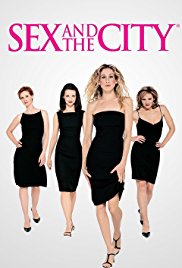Privacy. A word that we tend to hear all the time but do we really know what it entails? According to Merriam-Webster, privacy is “the quality of being apart from company or observation.”
Recently, many people have been debating on how far is too far when asking for privacy on the internet. The EU has recently been using the idea of Digital Privacy for its citizens. If a citizen finds something that is irrelevant to their present life, they have to report the link to Google and it will be taken down. Many people debate whether or not this is good. If someone has control over what is shown when their name pops up on Google then who says everyone can’t have control over what we see? This debate has been happening all over the world recently, especially with the Net Neutrality debacle in the US. We decided to ask some questions regarding privacy on the internet and here’s what we heard.
1. Do you feel comfortable with tech companies using your browsing information?
Robert Herrick: Not always. Sure, it is convenient for Amazon to recommend me relevant related searches, or Target.com to suggest other items to purchase. However, the vast amount of data about me on the internet is shocking. Someone could know a lot about my life, like my social security number, credit card information, home address, and more across the internet. I fear companies using this information, because the more hands in transfers between, the more chance it has of falling into the wrong ones.
2. Do you value privacy or security more?
Caitlin Klarich: I feel like privacy and security are definitely two things that I value in my life. However, I feel as if I would value security over privacy mainly because I would never want someone to steal my identity or use my information for something that is not me.
3. Should we be able to tell google to remove sensitive information about us?
Robert Herrick: This is a complicated issue, with a complicated issues. Obviously, there are some cases where removing a picture would be appropriate. Things posted without consent, that may cause harm should be removed. However, while removing all embarrassing or sensitive information would be nice, the right to be forgotten can cause more harm than good. It removes Google’s freedom of speech, as well as freedom of information accessible on Google. It’s a slippery slope to rights being impeded.
4. Should journalists have to ask our permission to use our information in a story?
Alex MacNeil: I think they should have to ask us unless it’s a public need to know. I don’t think I’d feel comfortable with my personal information out there if I didn’t do anything wrong.





